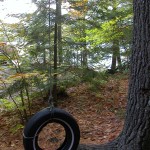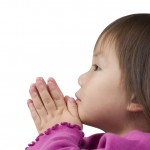 Ripples keep moving out indefinitely until something stops them. Whether the ripples are created by water falling in a pool or by the sound waves produced by a violin, every wave continues until its path is blocked. When you put something out in the world, you never can know how far it might go.
Ripples keep moving out indefinitely until something stops them. Whether the ripples are created by water falling in a pool or by the sound waves produced by a violin, every wave continues until its path is blocked. When you put something out in the world, you never can know how far it might go.
What waves will you make today? How will you get out of the way so that someone else’s ripple can move forward?




